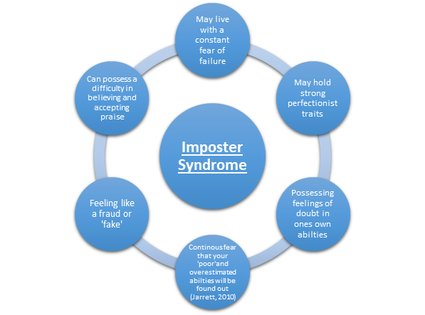|
I first came across the term imposter syndrome about 2 years back. My dyslexic daughter, who was then in her O levels year, had often expressed doubt about her academic abilities.
I had scratched my head numerous times questioning what was she facing that made her doubt herself even though her results showed that she was excelling. I then looked further into the imposter syndrome, a possible explanation for what she is experiencing. This is a psychological phenomena where an individual experiences adverse self-views, which may not accurately reflect what the reality is. Imposterisim can be heightened in dyslexics and other neurodivergents due to the internal stress, worry, anxiety, and fear of thinking and processing differently from others. This brings me to what I felt strongly about. Having your child assessed and applying for exam accommodations are such an important process as it would help your child not only know what he/she is dealing with (be it dyslexia or some other learning difficulties), but also provide him/her with the support they need in order to cope with the worry, stress and anxiety they may be facing. Because my daughter had extra time accommodation, she is able to better deal with her slow processing speed (which is part and parcel of being dyslexic) in a testing environment and give her that chance to at least level the playing field with her peers. As to how to better manage her imposter syndrome, it is still an ongoing journey for me.
0 Comments
Leave a Reply. |
Categories
All
Christina TanChristina has a Diploma in Disability Studies and is a licensed Davis Facilitator. |
|
|
Professional services described as Davis™, including Davis™ Dyslexia Correction, Davis™ Symbol Mastery, Davis™ Orientation Counseling, Davis™ Attention Mastery, Davis™ Math Mastery, and Davis™ Reading Program for Young Learners may only be provided by persons who are trained and licensed as Davis Facilitators or Specialists by Davis Dyslexia Association International. |



 RSS Feed
RSS Feed

